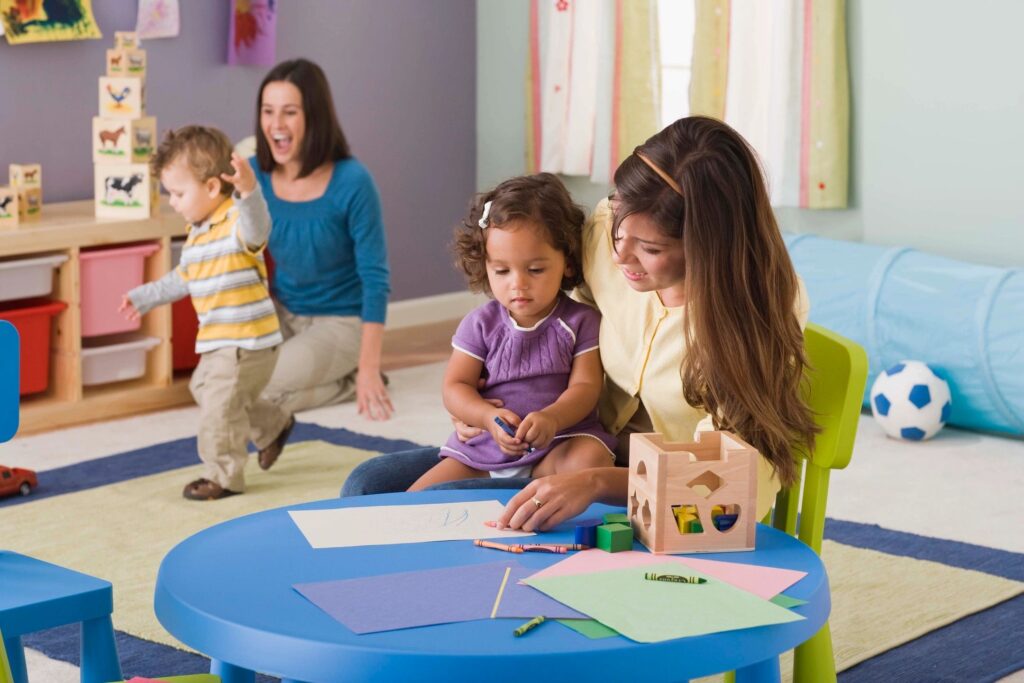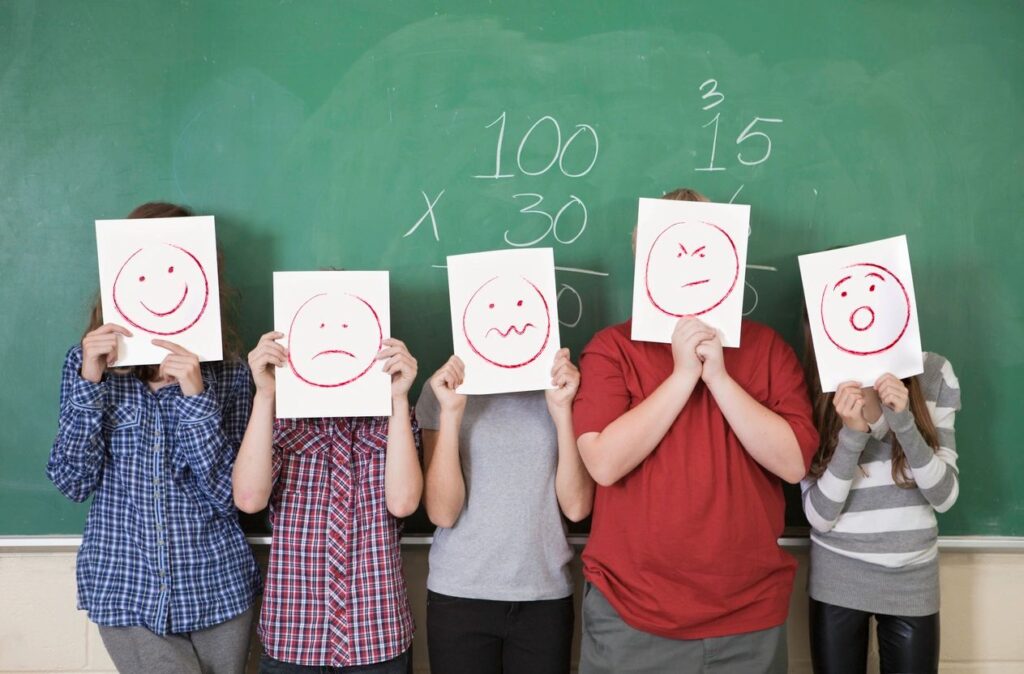Posts by Neil Petersen
Want Your Toddler to Clean Up and Eat Their Vegetables? Supporting Autonomy Might Help
One of the findings that repeatedly comes up in child psychology literature is that when children have a sense of autonomy, good things tend to happen. That pattern is evident in the fact that teachers’ support of autonomy makes middle-school students more engaged and teenagers less depressed. It also relates to the dangers of helicopter…
Read MoreHow Different Types of TV Viewing Relate to Children’s Language Skills
Something you never hear anyone say is “children these days don’t watch enough TV.” Indeed, a 2017 report found the average child in the US who is 8 years old or less has more than two hours of screen time a day, with a good chunk of that going into television viewing. You might suspect…
Read MoreLooking at the Evidence for Health Warnings on Food and Alcohol
Scientists can show that some behavior has negative health consequences, but the question then becomes how to convince the public to actually engage in that behavior less. We know, for example, that consuming too much unhealthy food and alcohol causes health problems, but that knowledge itself hasn’t put an end to health conditions caused by…
Read MoreThe Role of Press Releases in Overhyping Health Research Findings
Today, things are going to get a little meta. I’m going to write about a scientific study about writing about scientific studies. The basic question up for investigation is: why do the results of scientific studies on health-related topics so often get overstated when they’re covered in the media? You might already have a sense…
Read MoreAn Intervention for Imposter Syndrome
Do you feel like a fraud? Well, you might be for all I know. I’m not in a position to say that you aren’t. But there’s another possible explanation: you might have imposter syndrome. Imposter syndrome occurs when people believe their accomplishments aren’t truly deserved and that they might be exposed as frauds. As I’ve…
Read MoreStudy Shows Uptick in Posttraumatic Stress Symptoms During Lockdown
In March, as public health officials around the world were dialing up measures against COVID-19’s spread, a group of researchers published an article in The Lancet highlighting the potential psychological consequences of widespread quarantine. When that article came out, most of the available evidence was from past epidemics. The authors pointed out that little was…
Read MoreWriting Therapy to Develop “Good” Rumination
Repetitively turning over negative thoughts, or ruminating, is a behavior that has been explored as a target for therapy in conditions like depression. After all, it’s not hard to imagine that getting stuck in a cycle of replaying negative thoughts might harm mental health. So what’s the best way to stop ruminating on negative thoughts?…
Read MoreMeaning in Life and Drinking
Finding sources of meaning in life sounds like neither an easy task nor one that looks the same from one person to the next. But it is one that seems to be key to mental health. From increased resilience to sharper memory, a sense of purpose in life goes hand-in-hand with a range of cognitive…
Read MoreFeelings of High Socioeconomic Status Can Lead People to Confuse Opinions and Reality
It’s sometimes said that wisdom is about knowing what you don’t know. If that’s the case, then the opposite of wisdom must be what psychologists sometimes call naïve realism – a tendency to believe that one’s personal view of the world represents objective reality. There are a variety of factors that might lead people to mistake their…
Read MoreNight-Owl Teens Might Be Angrier
Psychologists that research people’s “chronotypes,” or their propensities to go to bed at different times, have found that early and late risers tend to differ in a variety of ways. In many cases, the findings haven’t exactly been good news for night owls. Studies have suggested that night owls are more likely to have emotional…
Read More









